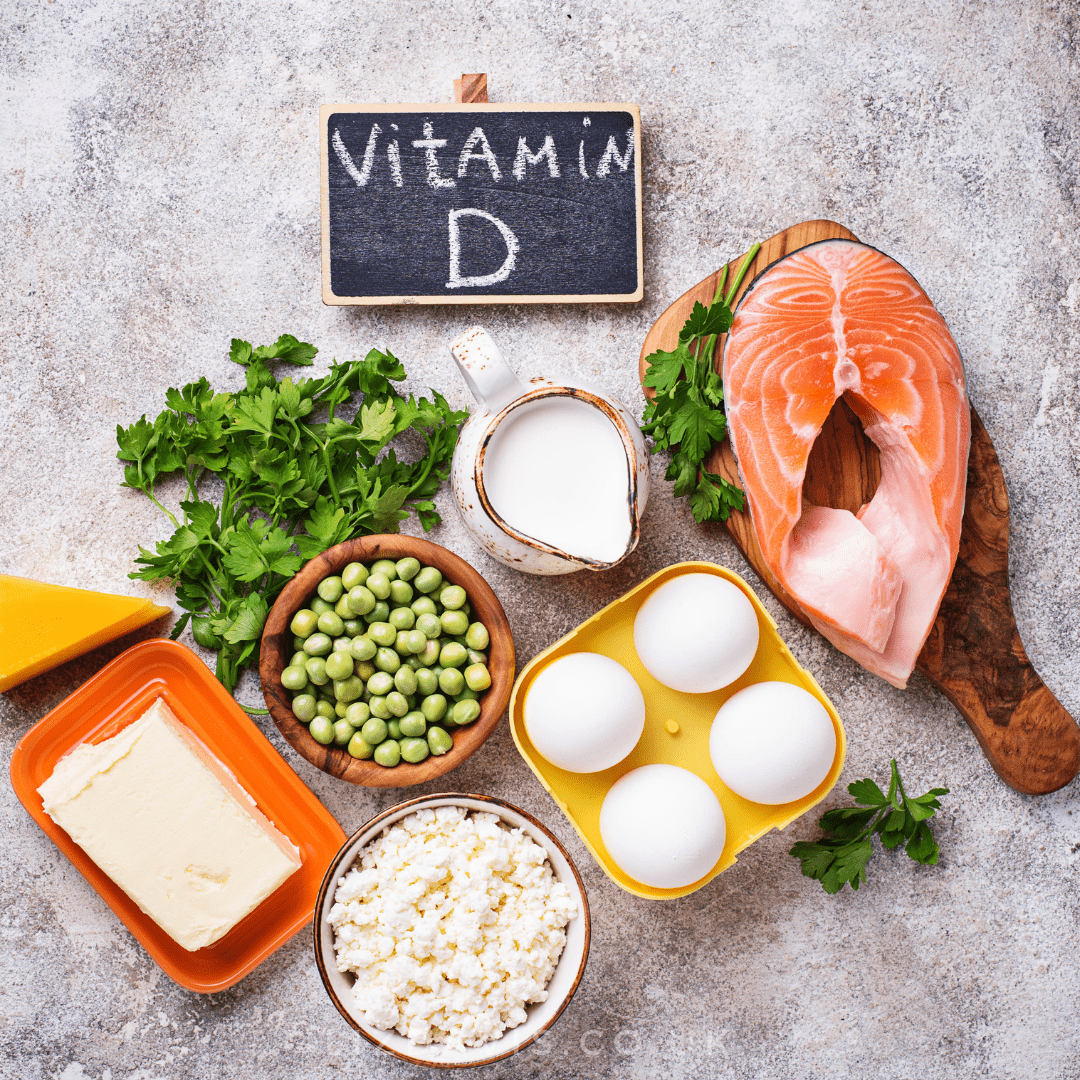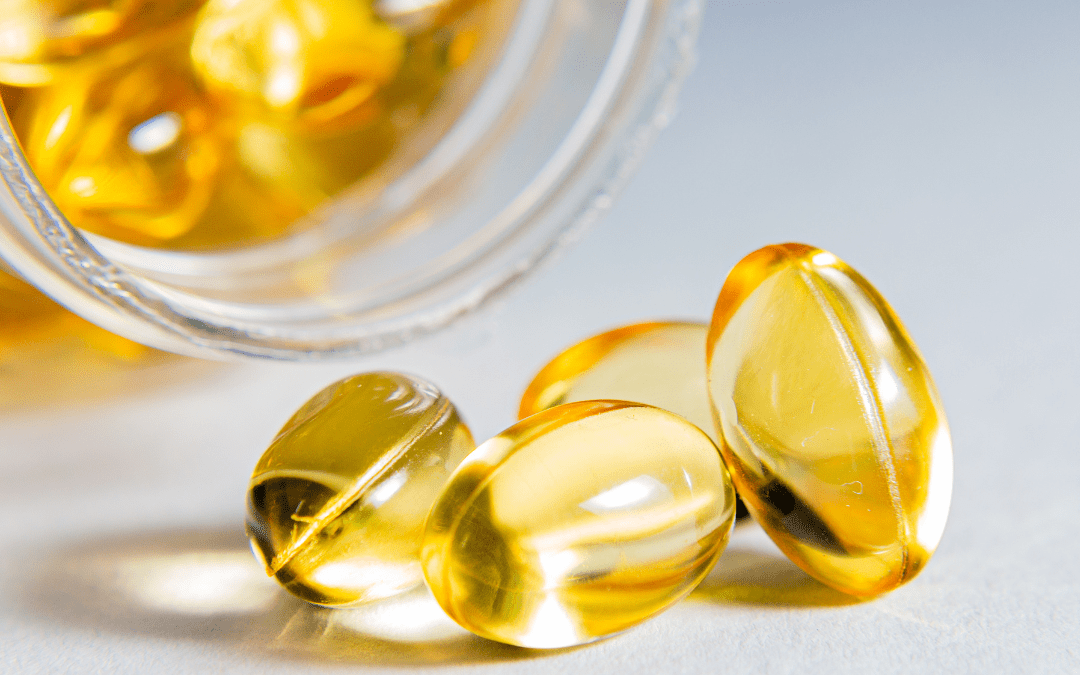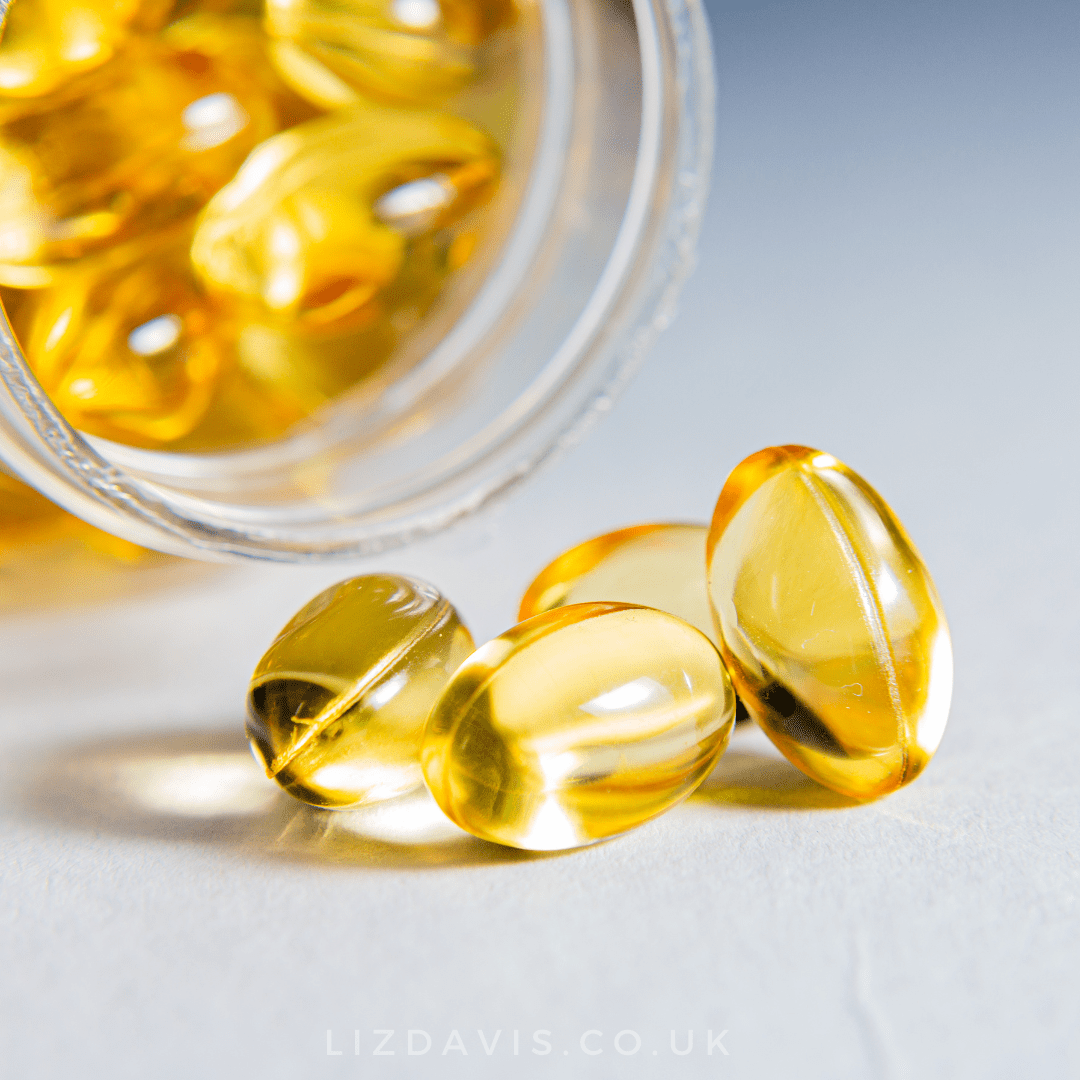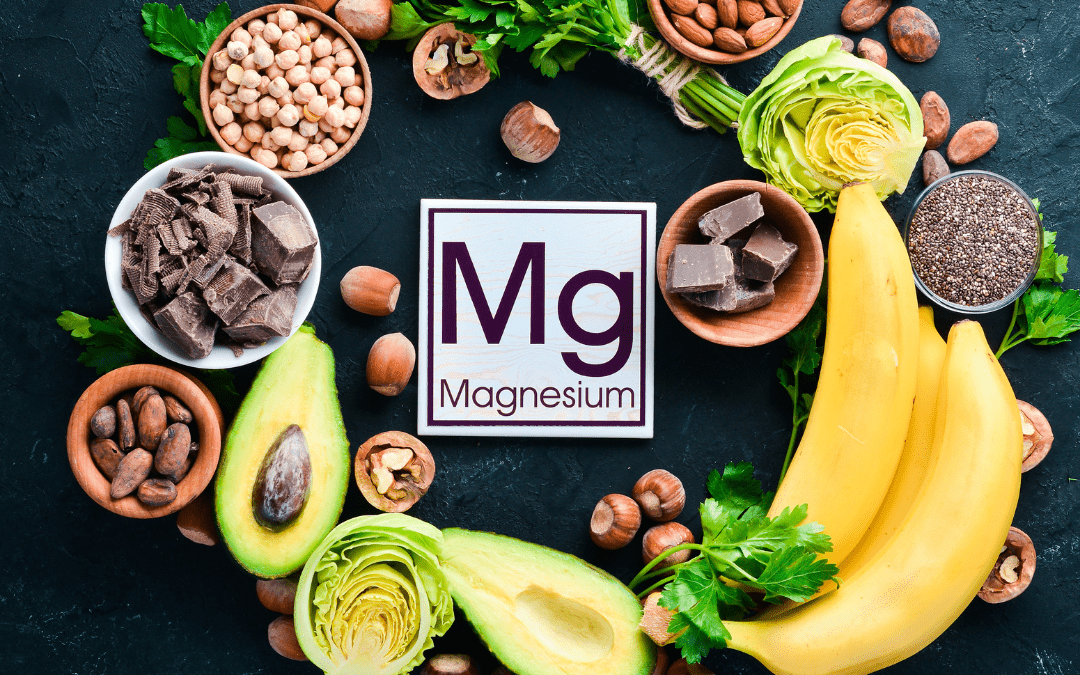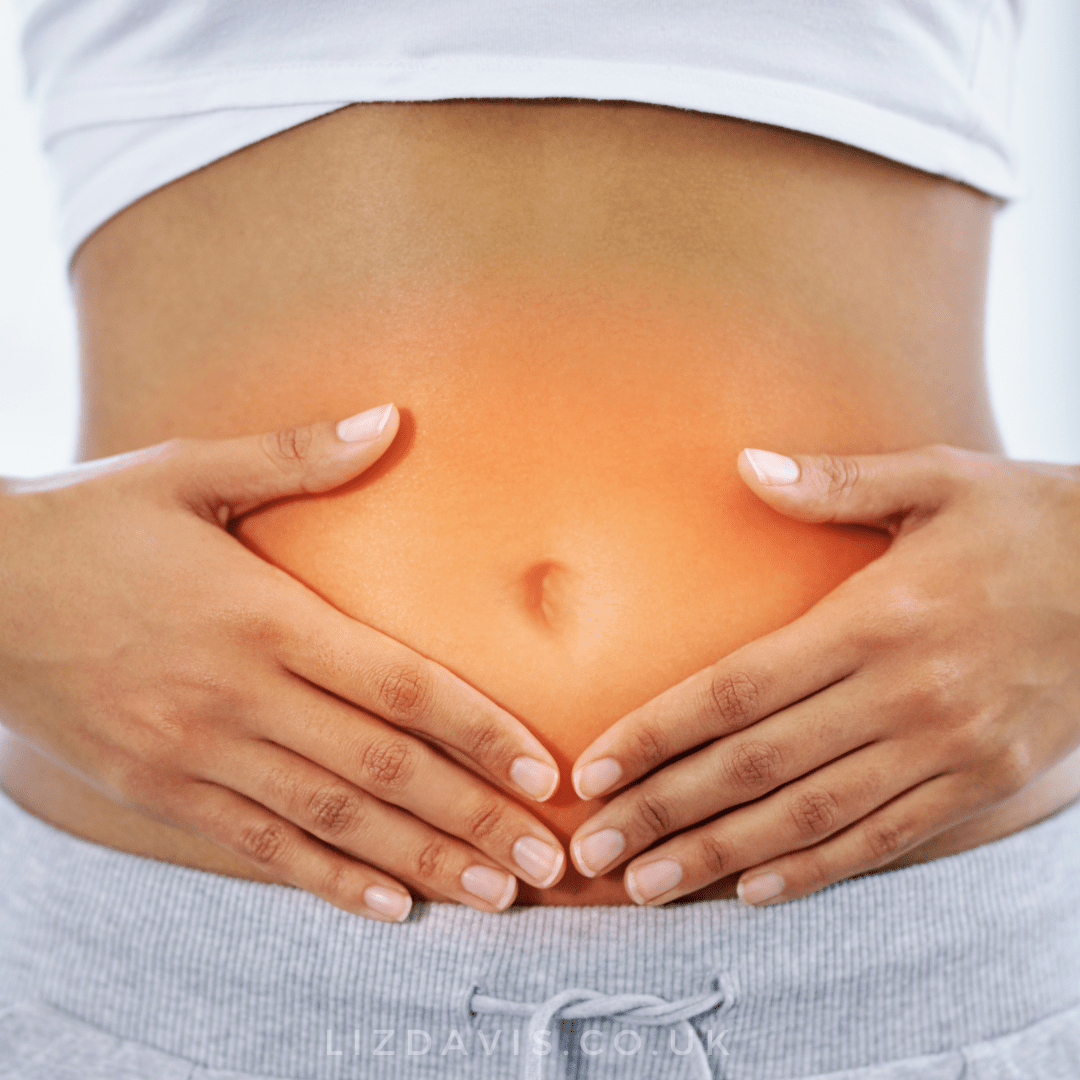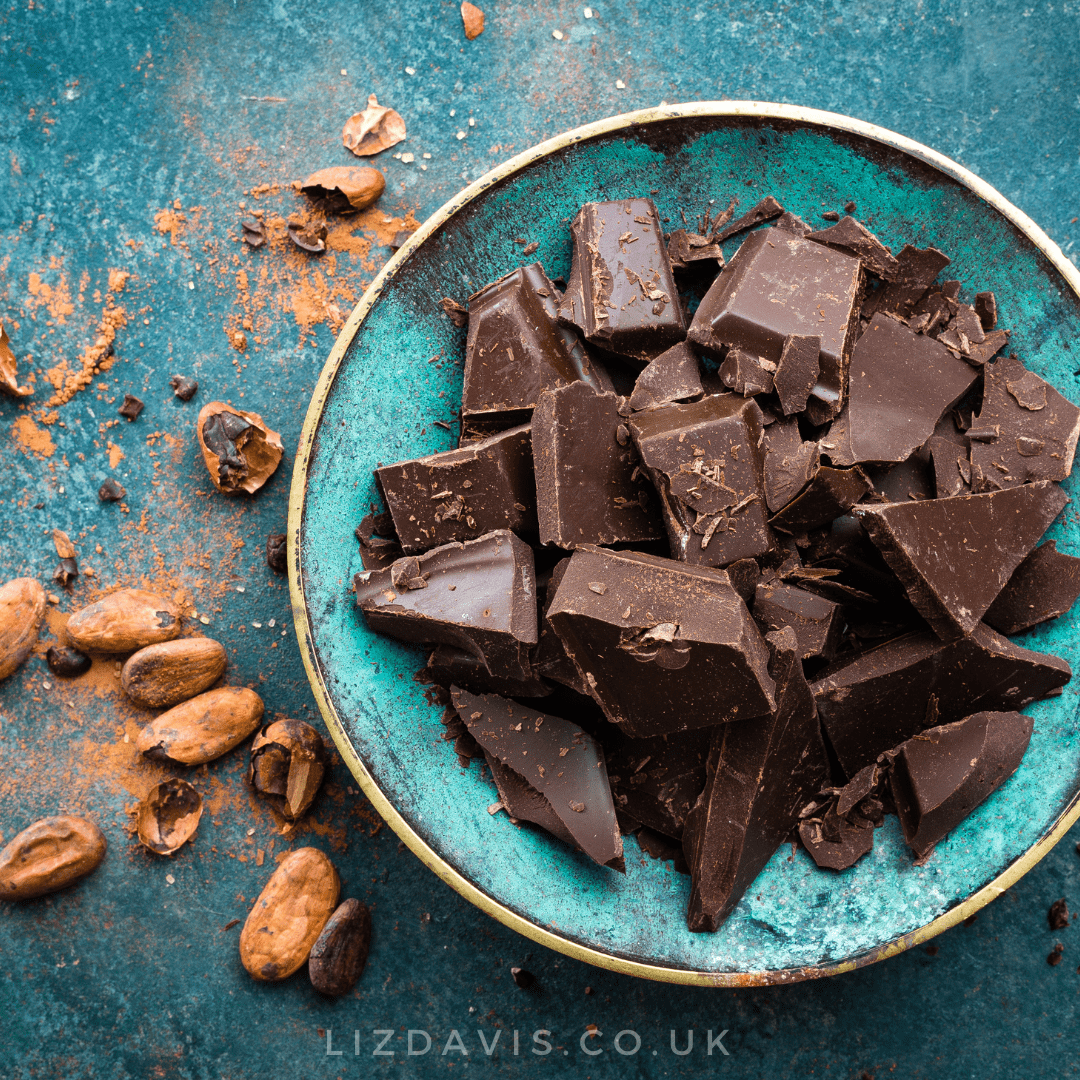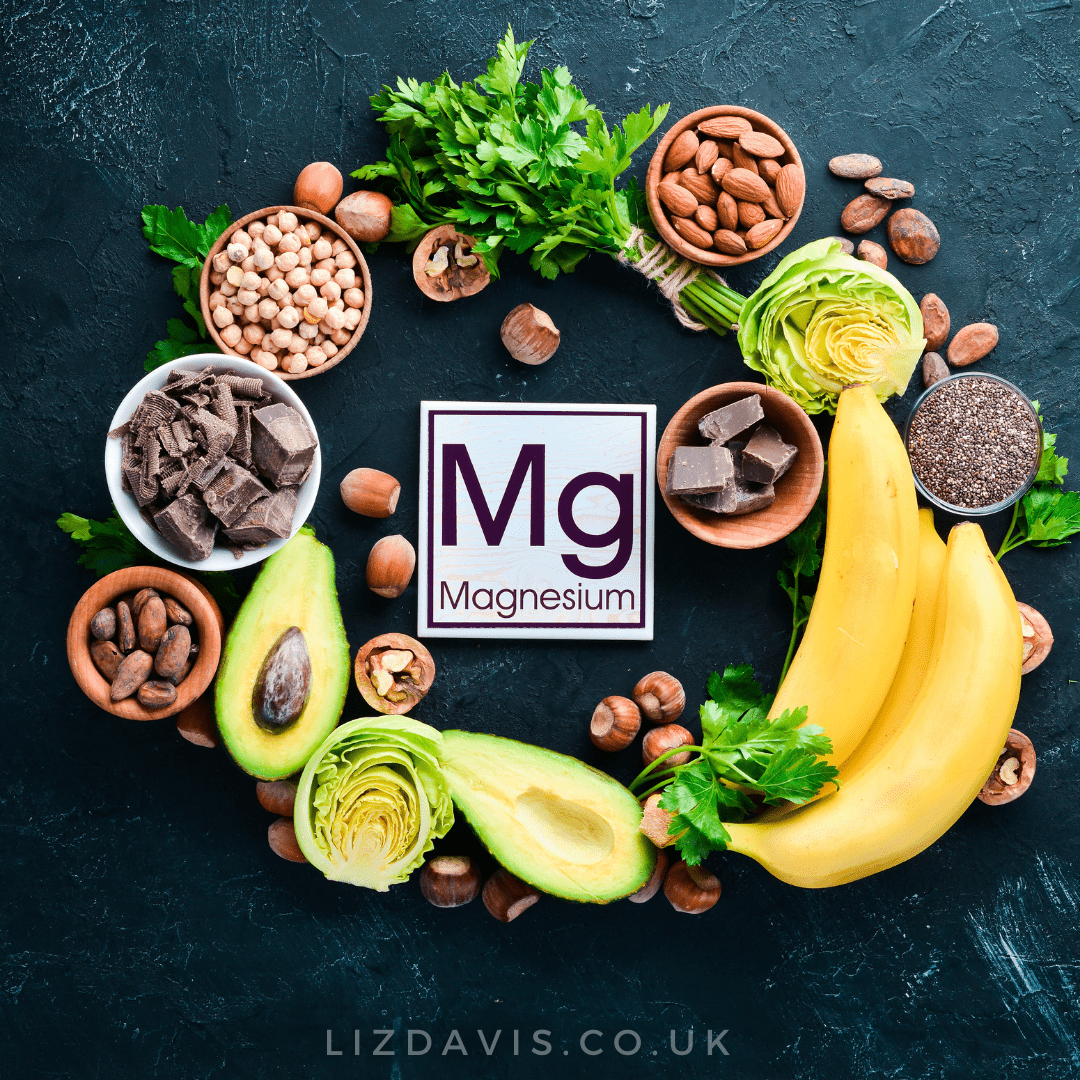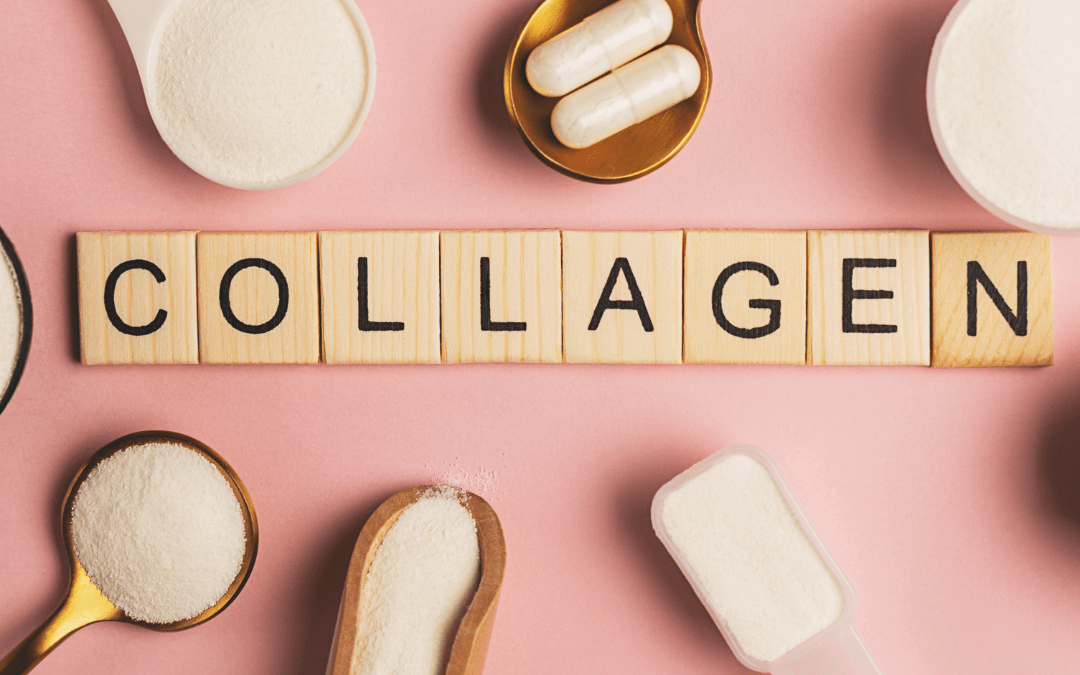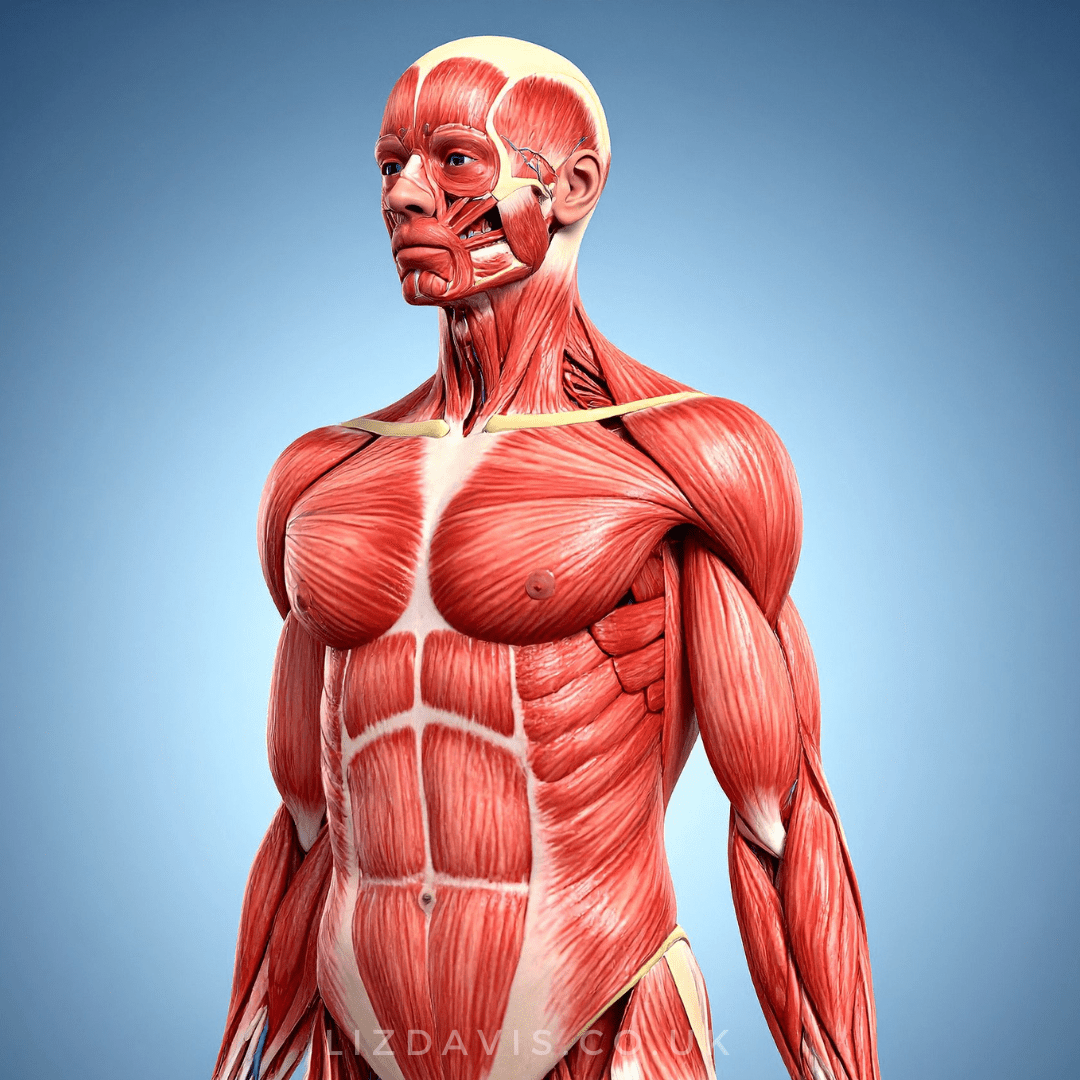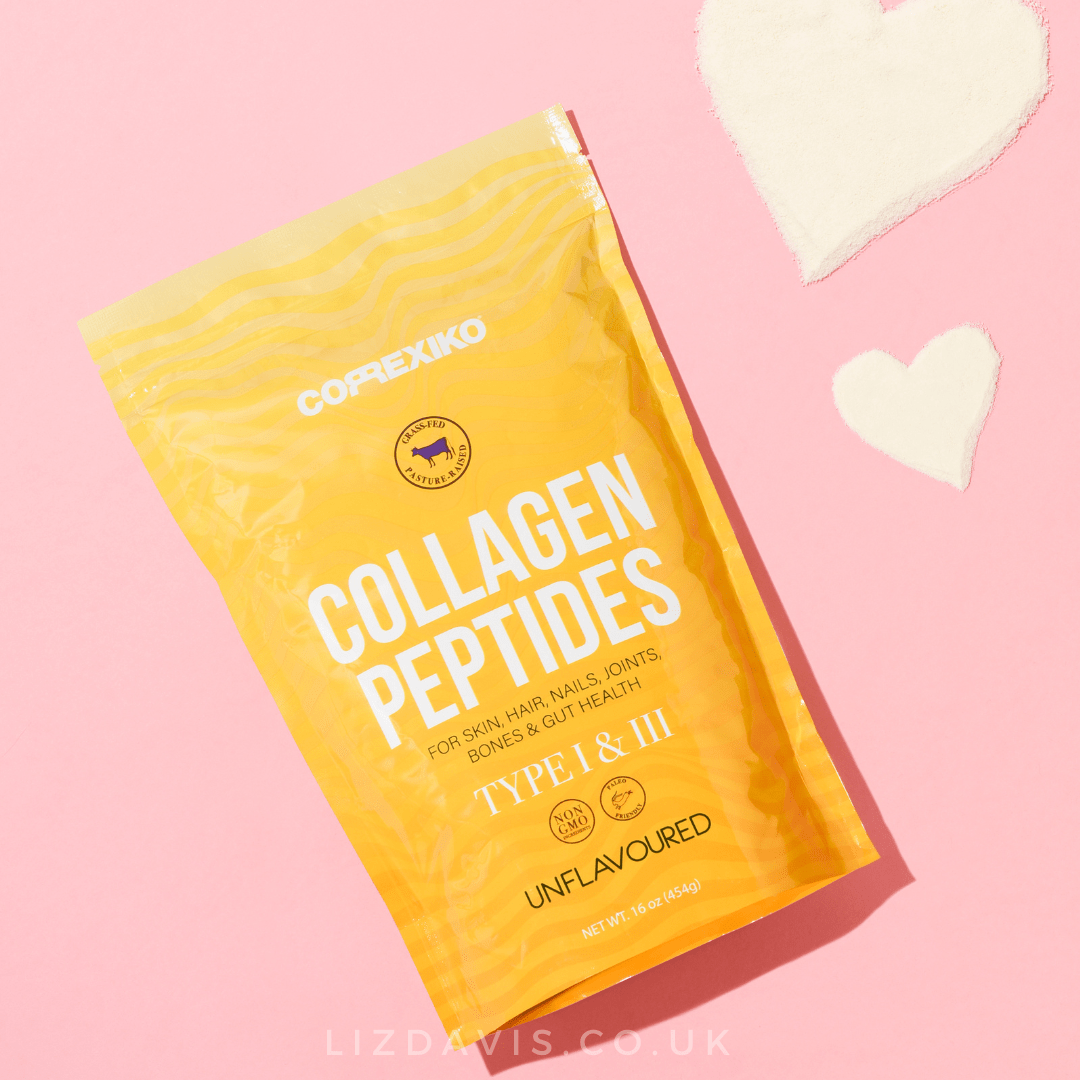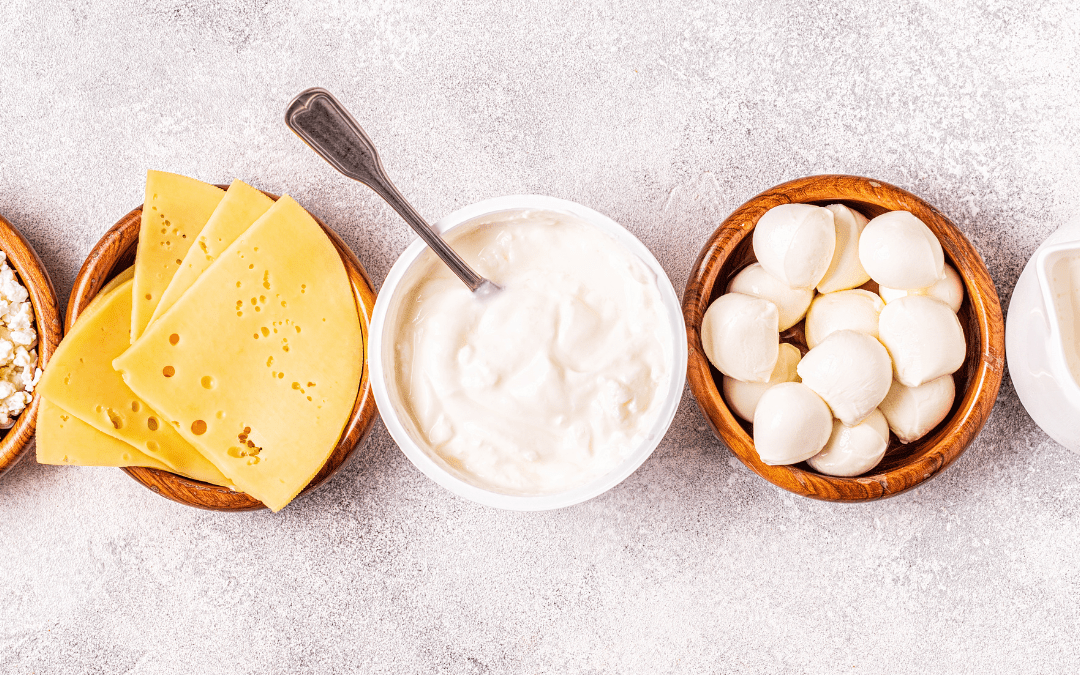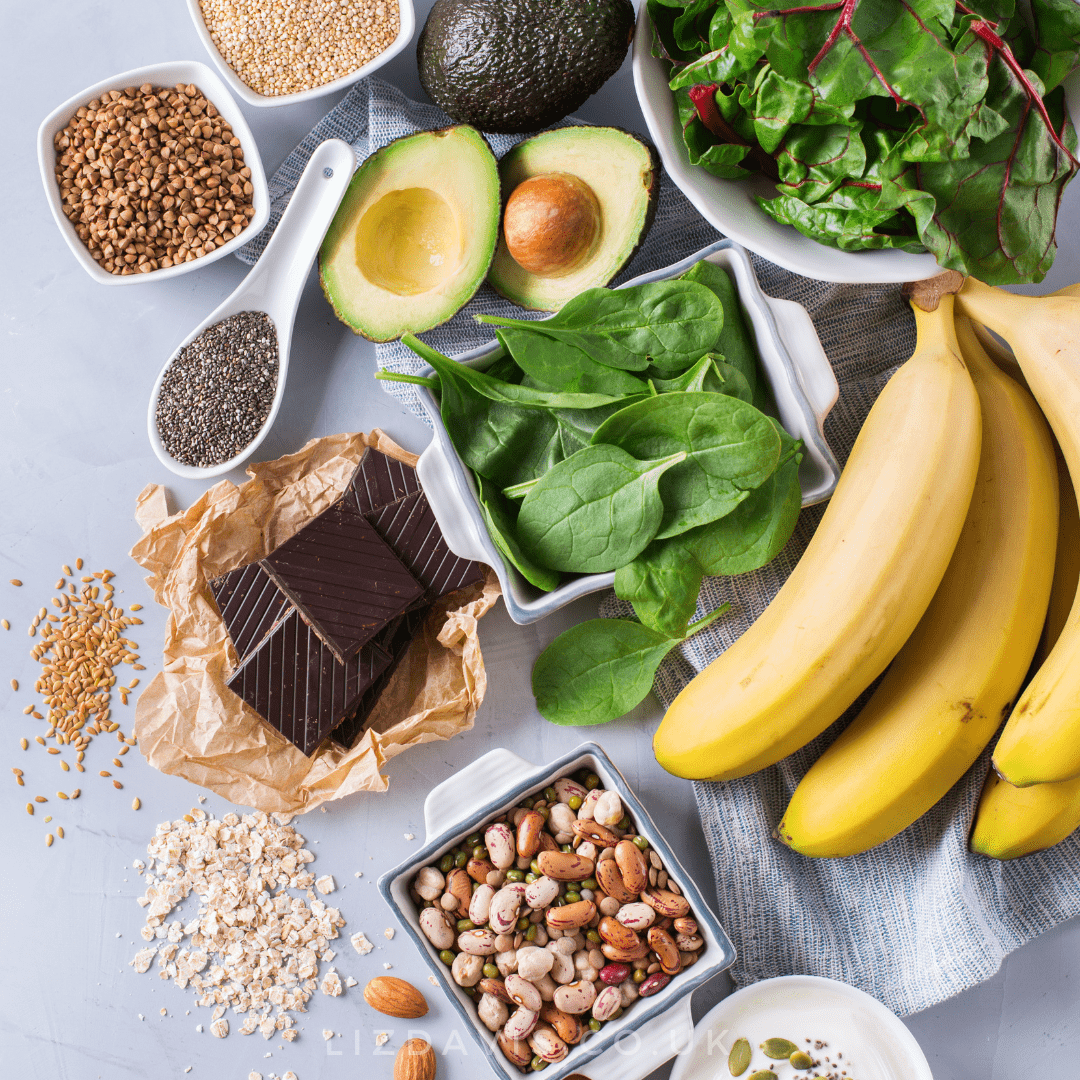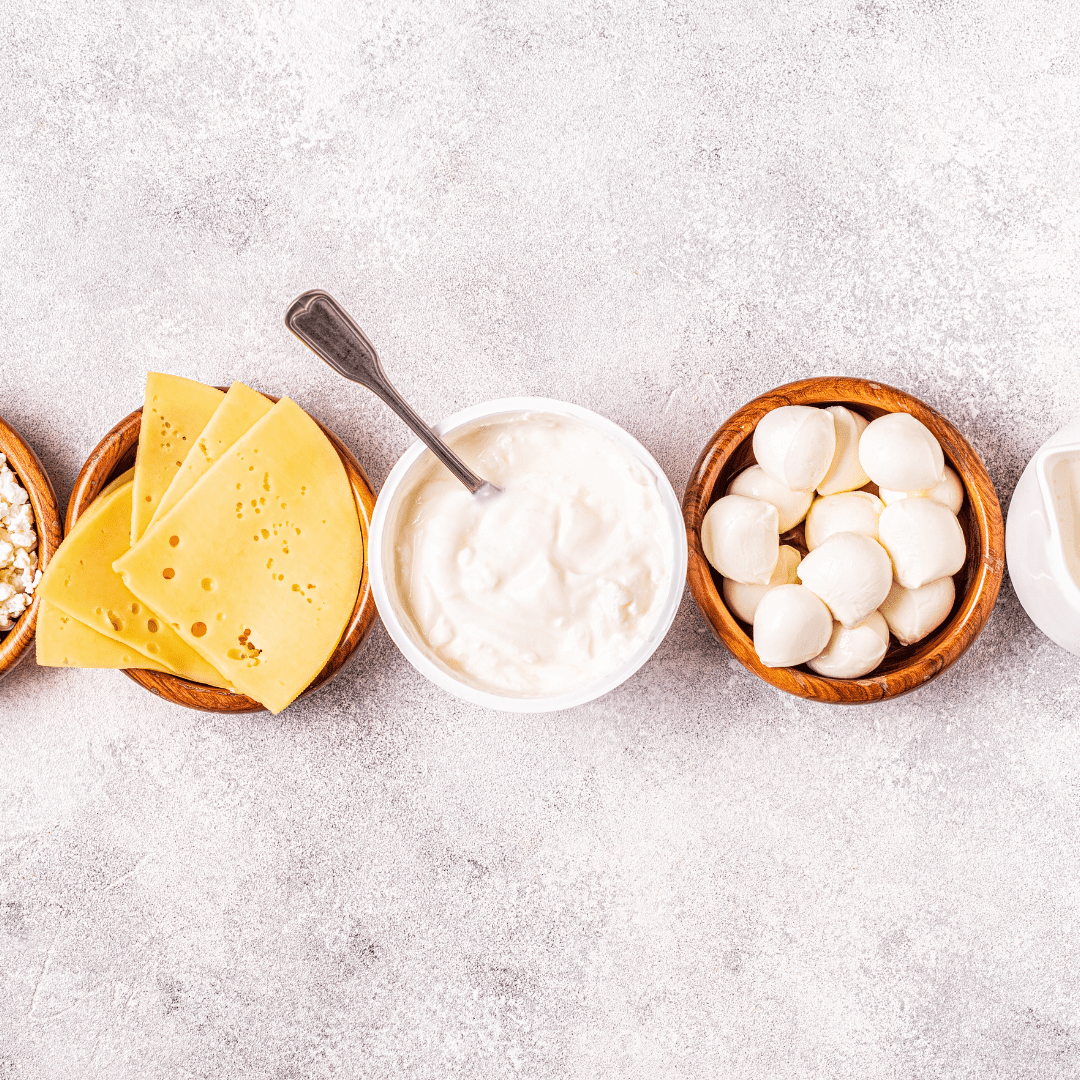
Vitamin D Deficiency: When Should You Start Supplementing?
Did you know that an estimated 40–80% of adults are deficient in Vitamin D? It’s a staggering number — and one that has major implications for your health and wellbeing. In this post, we’ll explore why Vitamin D deficiency is so common, how to know if you might be low, and when and how to start supplementing to support your body through the darker months.
Why Vitamin D Deficiency Is So Widespread
Our bodies make most of our Vitamin D through sunlight exposure on our skin. But in the UK and other northern countries, sunshine isn’t exactly guaranteed — especially once autumn and winter arrive. Even in summer, a range of lifestyle factors can make it difficult to produce enough:
-
Darker skin tones absorb sunlight less efficiently.
-
Living in the Northern Hemisphere means shorter daylight hours and weaker sun.
-
Spending most of your time indoors (including in care homes or offices).
-
Wearing sunscreen constantly or covering up your skin.
During the sunnier months, getting outdoors with arms and legs exposed for around 10–15 minutes a few times a week (without sunscreen) is usually enough to keep Vitamin D levels topped up — and your body is smart enough not to make too much.
But with the UK’s unpredictable weather and shorter days ahead, it’s very likely that Vitamin D deficiency will creep in by late autumn unless you take steps to prevent it.
Why Vitamin D Matters for More Than Just Bones
Although we call it a vitamin, Vitamin D is actually a hormone, and almost every cell in your body has receptors for it. It’s involved in hundreds of essential functions, far beyond bone health, including:
-
Helping your body absorb calcium for strong bones and teeth
-
Supporting a healthy immune system and balanced inflammation
-
Regulating blood pressure and cholesterol
-
Balancing blood sugar and insulin
If you’re serious about supporting your gut health, my online course, The Ultimate Gut Health Programme, is the perfect next step. It’s designed to help you calm your digestive system, avoid common triggers, and still enjoy delicious, satisfying meals.
This blog is just the tip of the iceberg — the course goes much deeper, giving you everything you need to truly soothe your gut, feel lighter, and reclaim your digestive comfort.
👉 Click here to get instant access and start feeling the difference today!
-
Boosting mood and energy, and protecting against depression and anxiety
-
Reducing inflammation and supporting skin health (including psoriasis and eczema)
-
Supporting heart health and protecting against autoimmune conditions
If you’re dealing with any of these issues — or even just persistent fatigue, low mood, or frequent colds — it’s worth considering that Vitamin D deficiency could be part of the picture. A simple blood test can confirm your levels.
How Much Vitamin D Should You Take?
Here’s a surprising fact: if you spend about 10 minutes in the sun with your arms and legs exposed, your body can make around 10,000 IU of Vitamin D naturally.
Compare that with the official NHS guideline of just 400 IU per day — which many experts now believe is far too low. For most adults, a more effective dose is likely around:
-
✅ 2000–4000 IU per day for adults
-
✅ Around 2000 IU per day for school-aged children
Testing your levels is the best way to know exactly how much you need — some people require higher doses to correct a deficiency.
Choosing the Right Supplement
When shopping for a supplement, look for Vitamin D3 with added Vitamin K2. The K2 is a crucial co-factor that helps direct calcium into your bones rather than letting it accumulate in the arteries.
Can You Get Enough Vitamin D From Food?
While there are small amounts of Vitamin D in foods such as oily fish, eggs, and certain mushrooms, the levels are usually too low to make a significant difference — especially in winter. Once your skin hasn’t seen the sun for a while, supplementation becomes essential.
💡 The Takeaway:
If you recognise any of the deficiency signs above, don’t ignore them. Small, simple dietary changes can have a profound effect — not just on how you feel day to day, but on your long-term health.
If you’d like personalised support on optimising your diet, I offer a FREE 30-minute consultation where we can explore what’s going on for you and how to get your gut health back into balance. Use the link, below, to book.
If you would like to speak to me about any aspect of your gut health, then please use this link to book into my diary for a FREE 30 minute chat so I can find out more about what is going on for you. Alternatively please use the ‘Learn More’ link below.
Free Mini Programme
Would You Like to Learn How to Fix Your Digestive Symptoms, Beat the Bloat and Feel Amazing?
1:1 Coaching Plans
Get Ready to Permanently Beat the Bloat, Soothe Your Digestion and Feel Amazing
Ultimate Gut Health Programme
Delicious, Filling & Inspiring ways to Become Symptom-Free, Soothe Your Gut and Enjoy Your Food Again!



